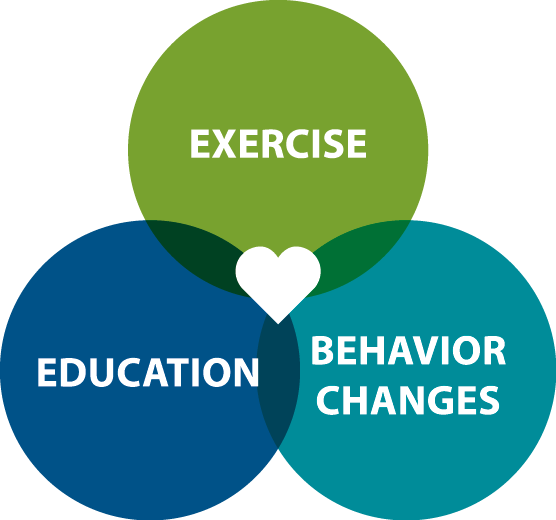Treatment Centers For Dual Diagnosis Trona CA
Home
Treatment Centers For Dual Diagnosis Trona CA Resources and Information Online
Treatment Centers For Dual Diagnosis Trona CA
We help our clients get the most out of their experience. Have you suffered consequences as a result of your drug taking, such as financial debt, troubled relationships, physical health and mental health problems, criminal activity, problems holding down a job?
Our clients come from all different backgrounds and denominations, however, we all have one thing in common and that’s a love for Jesus Christ and a willingness to accept our differences and worship together. To learn more, call us at (844) 402-3605, our admissions counselors are available 24 hours, 7 days a week. Our Christian counselors have all been through their own addictions and really know what it takes to be free from addiction and serving the Lord once again. What did you want to become or accomplish before drugs started stealing your life away?
Here are Some More Resources on Mushrooms Rehab Facility

Here are Some More Resources on Mushrooms Rehab Facility Trona CA
Regardless of what substance you are addicted to, Road to Freedom can help you or your loved one battle addiction and re-establish a loving relationship with Jesus Christ. If a problem becomes evident and your child is still a minor or under your roof, address it immediately. Give one of our counselors a call today. 1-800-819-9973 Drug Rehabilitation Centers help line is a free service to help those in need of treatment find the best drug rehab program. Finding these centers is often just a matter of talking to the leaders of these faith traditions to connect with the resources.
Below are Some More Resources on Mushrooms Rehab Facility
We will be able to answer your questions, help you to identify the type ofpotential addiction problem you may have, advise you on the types of treatmentavailable for your particular drug of use, and help you feel that you are not alone! I have read and read and read every book and article on the subject I could get my hands on.
Here are Some Even more Information on Mushrooms Rehab Facility Trona CA
Finding the right type of treatment can shed a penetrating light on the areas that need healing. Lucie, FL Call: (800) 506-5834 A Road to Recovery is an adult-only rehab center that seeks to give you a rehab experience in an environment that feels like home. If you come across any problems or wish to ask a question, please do not hesitate to contact our Support service using the contact us form.Press question mark to see available shortcut keys Discover Join Google+ Report an issue Help ©2018 Google • Privacy Policy • Terms of Service • Maps Terms Search Sign in About More Even more from Google Sign in Sign in Texas Drug Rehab Center 10 followers - Start living a healthier life. Drug rehab facilities have other patients who are also going through treatment, speaking with them can help you accept your addiction as you will hear similar stories from people who have been in your shoes. For me being in the hotel game (my family owned a hotel) we drank with our customers, were around drug uses and before I knew it I was an alcoholic and using drugs and it nearly destroyed me. It is important that these things upon which we depend for daily strength are healthy for our character rather than harmful. Maintain a healthy lifestyle (from the way you eat to finding spirituality, make your lifestyle a healthy one with no room for drug use and addiction) Recovery from drug addictions is a goal that can only be achieved through a lifelong commitment to sobriety. It has been argued, however, these findings may be attributable to the profound difference in therapist outlook between the two-factor and client-centered approaches, rather than to client-centered techniques per se.[31] The authors note two-factor theory involves stark disapproval of the clients' "irrational behavior" (p. 350); this notably negative outlook could explain the results. Starting off sobriety by leaving a program early rarely works as you have failed as soon as you leave early from the program. Counselors should be able to recognize how addiction affects the whole person and those around him or her.[25] Counseling is also related to "Intervention"; a process in which the addict's family requests help from a professional to get this person into drug treatment. Relapse prevention[edit] An influential cognitive-behavioral approach to addiction recovery and therapy has been Alan Marlatt's (1985) Relapse Prevention approach.[34] Marlatt describes four psychosocial processes relevant to the addiction and relapse processes: self-efficacy, outcome expectancies, attributions of causality, and decision-making processes.
Click Here for More Information
Previous Next
You may also like:
Roxicodone Addiction Detox Clinics Columbus MS
Nembutal Abuse Treatment Facility Bullhead SD
Quaalude Addiction Detox Centers Charlestown RI
Drug Rehab Treatment Kaleva MI
Valium Rehab For Addiction Carlton OR
Endodan Addiction Treatment Center Paton IA
Desoxyn Detox Treatment Facilities Arcola PA
Dilaudid Abuse Programs Galesburg IL
Oxycodone Addiction Treatment Clinics Harbeson DE
Dextroamphetamine Detox Programs Tazewell TN
Ritalin Abuse Treatment Centers Stayton OR
Rohypnol Abuse Treatment Center Guilford CT
Roxicet Rehab Facility South Jordan UT
Biocodone Detox Program Kanawha Falls WV
Opioids Addiction Treatment Program Rochester KY
Antabuse Rehab Treatment Facilities Hallett OK
Biphetamine Detox Center Burt NY
Marijuana Addiction Rehab Bono AR
Lsd Abuse Program Mission Ridge SD
Duramorph Rehab Facility Near Me Coxs Creek KY